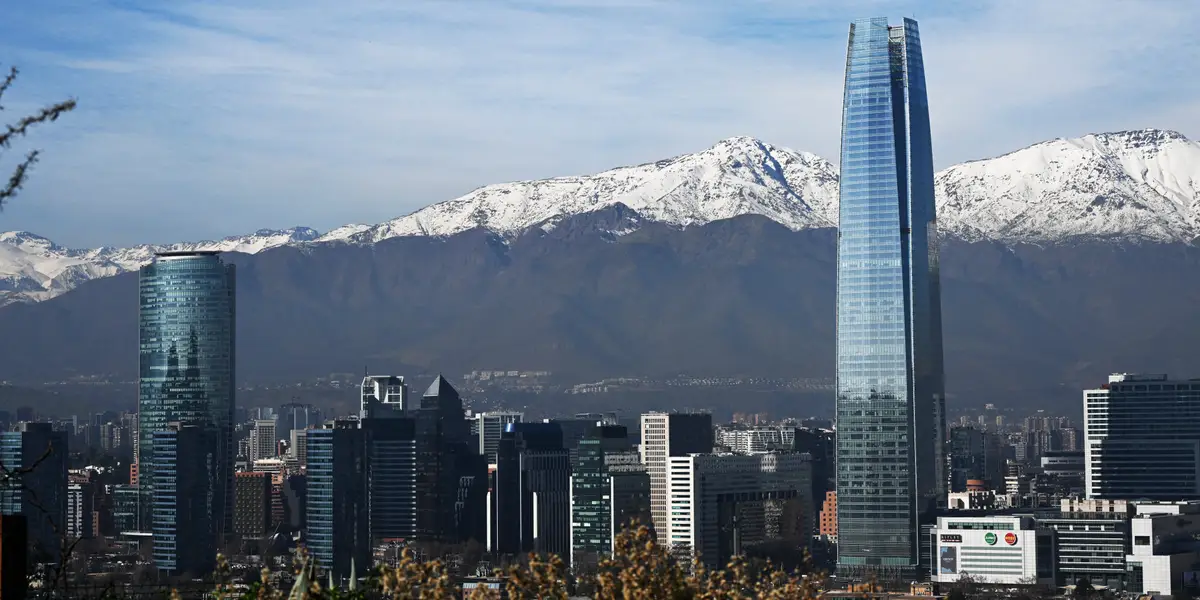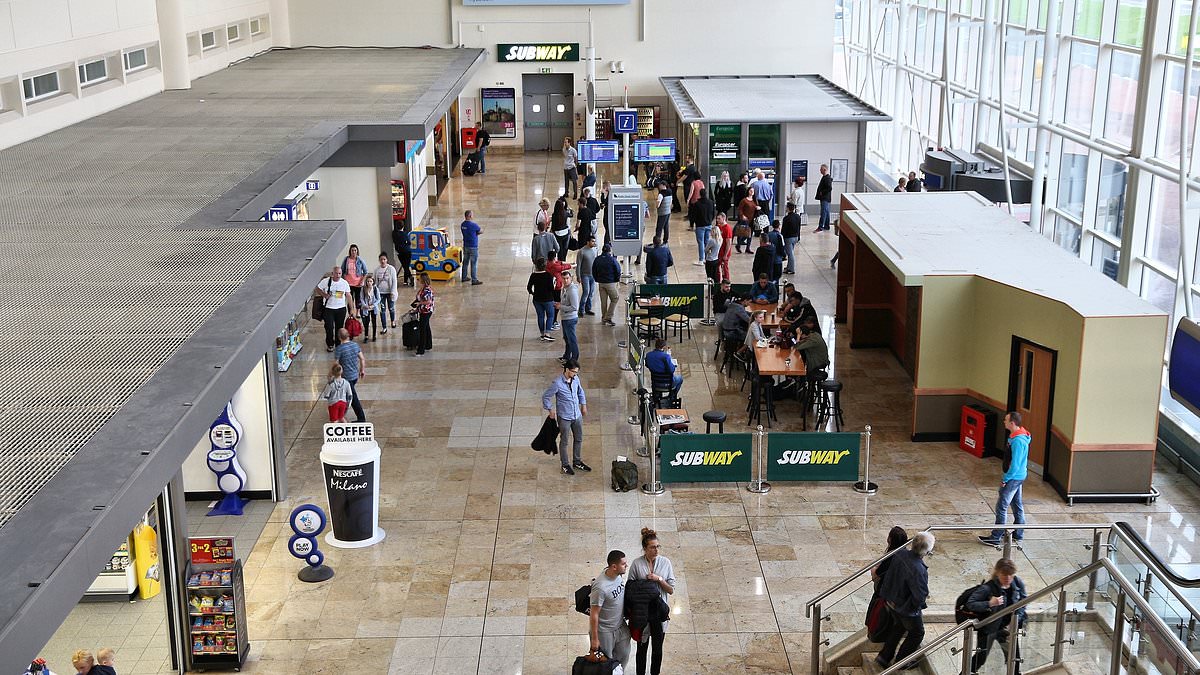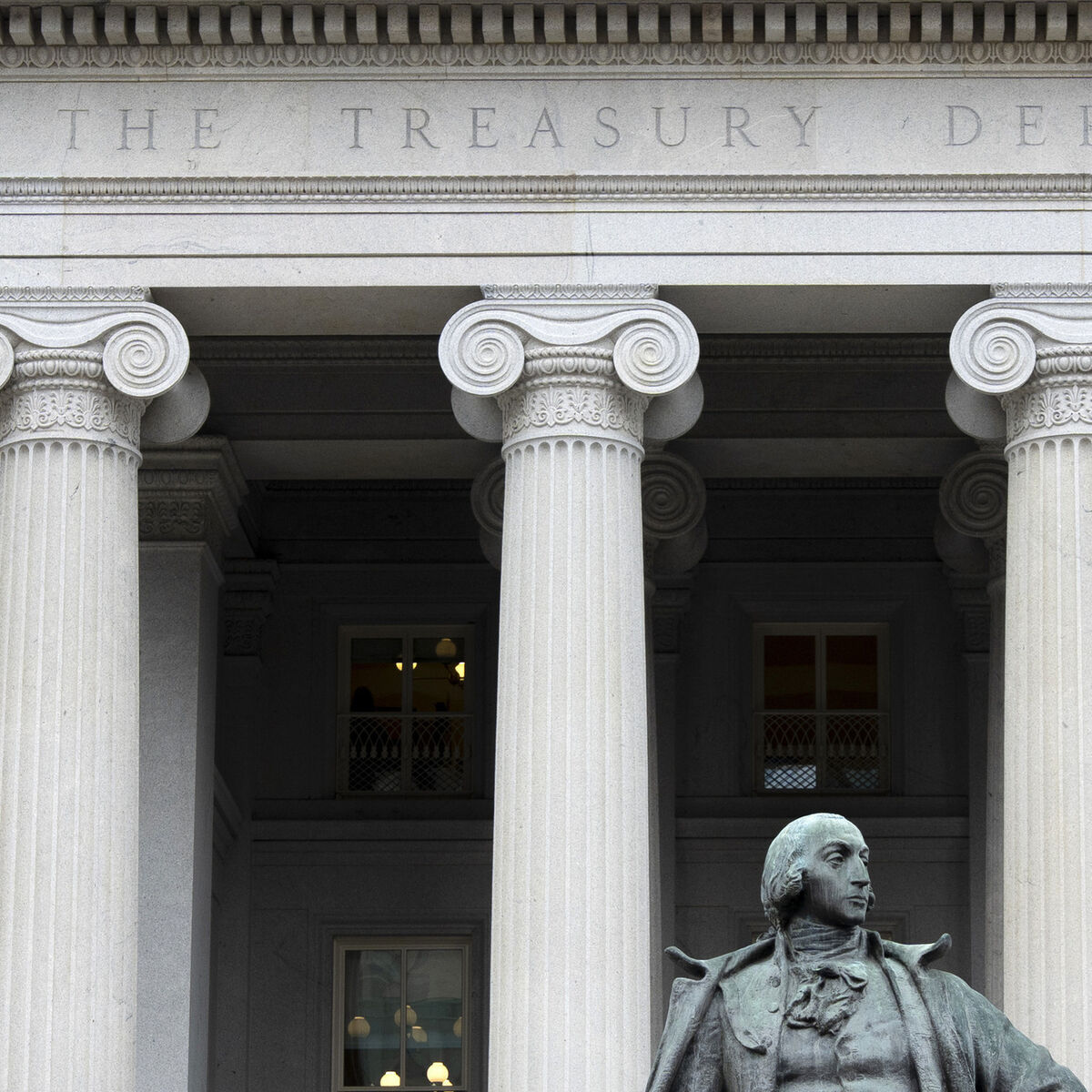
Forget wine in Tuscany or summers in the south of France — wealthy Americans are now chasing second passports in Costa Rica’s jungles and Bangkok’s buzzing streets.
For decades, Europe set the pace in the second-passport market. Portugal, Malta, and Greece have drawn high-net-worth Americans through tax perks, visa-free travel, and sunny places to retire.
However, new data shows, and on-the-ground advisors told Business Insider that the focus is shifting toward Latin America and parts of Asia.
Nomad Capitalist, a wealth advisory firm founded by Andrew Henderson that specializes in second citizenships, residencies, and global tax planning, said Latin America and Asia are emerging as hot spots for wealthy Americans seeking a “Plan B.”
“Latin America has seen the most dramatic rise,” Henderson told Business Insider. “Compared to pre-2020 levels, client engagements tied to the region have roughly doubled.
“Uruguay, Panama, and now Argentina are leading the charge,” Henderson said, adding that about 10% of Nomad’s client work was tied to Latin American programs.
While smaller in scale, Asia is also on the rise — making up 3 to 7% of Nomad Capitalist’s annual cases, with demand concentrated in strategic hubs like Thailand, Singapore, and Cambodia. “For our clients, Asia is less about volume and more about positioning in key business and investment markets,” Henderson said.
Europe, meanwhile, remains a steady choice, accounting for around 20% of its work. But Henderson adds that while Europe’s growth has been “steady rather than explosive,” much of the excitement has shifted toward emerging markets.
Why Americans are looking beyond Europe
According to Henderson, the shift is driven by a mix of geopolitical, economic, and lifestyle factors.
Traditional safe havens like Europe are losing appeal, he said, due to tightened tax regimes, stricter immigration rules, and higher investment thresholds.
Portugal ended its non-habitual resident tax regime last year, the UK scrapped its non-dom tax system in April, and Spain officially ended its real estate investment route to citizenship earlier this year.
Related stories
Business Insider tells the innovative stories you want to know
Business Insider tells the innovative stories you want to know
Meanwhile, Malta was forced to shut its “golden passport” program after the EU’s top court ruled it illegal, and Greece raised its Golden Visa investment thresholds in 2023 and 2024, doubling minimums in high-demand areas like Athens, Santorini, and Mykonos.
By contrast, Latin America and Asia offer faster, more affordable programs with minimal presence requirements, Henderson said, adding clients increasingly want “better value for their money,” pointing to lower taxes, high-quality healthcare, and luxury amenities available at a fraction of the Western cost.
Michel Soler, managing director for Latin America at Henley & Partners, cited lower entry thresholds, favorable tax regimes, and geographic proximity as key drivers for Americans choosing the region.
“Costa Rica and Panama are only a direct flight away from the US,” Soler said, adding that Americans want options that are close, affordable, and tax-friendly if they decide to relocate.
Costa Rica’s breakout year
Henley & Partners’ data provided to BI shows just how quickly Costa Rica has climbed. In 2025, it will be its fourth-most popular program for US nationals.
Applications have surged 660% year-over-year, albeit from a low base in 2024 when the program was first rolled out, the data showed. Enquiries from Americans in the first two quarters of 2025 were up 31% compared with the last two quarters of 2024.
“Costa Rica has certainly shot up to become one of the most popular programs for US nationals this year,” Soler said. “It ticks the boxes: lower thresholds than Europe, tax benefits, safety, and a lifestyle people describe as ‘Pura Vida.'”
A Costa Rica brief from Harvey Law Corporation shows the country offers multiple pathways: an investor route starting at $150,000 in qualified assets, including real estate; a Rentista route that requires $2,500 in guaranteed monthly passive income for two years or a $60,000 local bank deposit; and a Pensionado track at $1,000 a month in pension income.
Steve Corbin, director of Caribbean operations for Harvey Law Group’s Grenada office, said that Latin American residencies are often chosen by Americans who actually plan to relocate, rather than just hold a backup option.
For “the ones applying for European or Caribbean programs,” Corbin said, “it’s a backup plan.”
“Asia and Latin America are much more, ‘I want to move within the next 6 months or so’,” he added.
From Virginia to Kuala Lumpur
Jerry Massey, a freelance sports announcer and human resources consultant from Spotsylvania, Virginia, is one of those planning his next chapter abroad.
Massey, already a dual citizen of the US and Dominica through a $100,000 citizenship-by-investment program, said Asia now looms large in his future. His top pick: Kuala Lumpur, Malaysia, with Bangkok as a backup plan.
“I enjoy the people, the food, and the quality of life,” Massey told BI. “I feel much safer in a Malaysian metro station after midnight than I do in Washington, DC.”
“Healthcare is amazing in Kuala Lumpur,” he said, adding, “the doctors are extremely professional, well educated, and knowledgeable, and use the latest technology.”
He added that “the cost of living is cheaper as well. You can dine for a fraction of the cost as you would in the West.”
The new normal: multiple passports, multiple options
Massey’s decision reflects a broader trend among wealthy Americans: spreading their bets.
For some, it’s about lower taxes or asset protection. For others, it’s lifestyle and safety. And for many, it’s about ensuring their children inherit not just wealth, but global mobility.
“Clients are clear,” Henderson said, “they want a solid Plan C as an extra layer of security beyond their existing passports and residencies.”
Corbin said more Americans are now layering multiple programs to cover different needs.
“We’re definitely getting cases” where clients combine a Caribbean citizenship for an alternate passport with a residency in Europe or Asia, where they might actually live, he said.
Soler echoed that point, adding that Americans are now treating citizenship and residency as a portfolio strategy.
“It’s not just about travel anymore — it’s about wealth planning for the next generation.”



